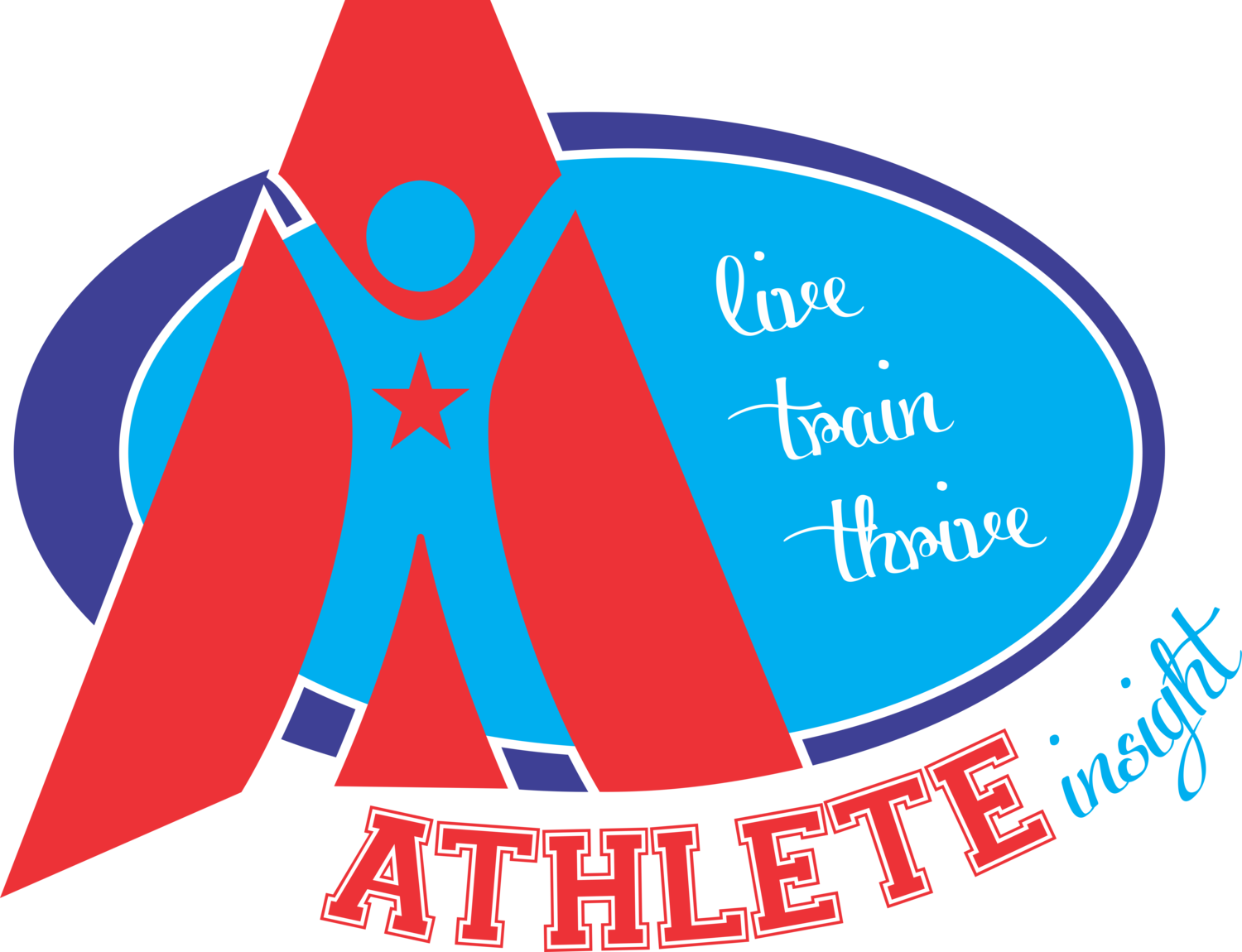By Kate Bennett, PsyD
According to the online version of the Merriam-Webster dictionary, the word “trauma” originated in 1693 with reference to the idea of being wounded. The definition refers to both physical and psychological “wounds.” While athletes are known for their strength and willpower, sport does not protect them from physical and psychological trauma.
Physical trauma to the brain is better known as a traumatic brain injury (TBI). The Center for Disease Control and Prevention defines TBI as a “bump, blow, or jolt to the head or a penetrating head injury” that disrupts normal brain functioning. Concussions fall within the TBI category, ranging from mild to severe brain dysfunction.
While TBI is not always visible, it tends to be easier to talk about. Athletes can defer to their diagnosis without shame. Psychological “injuries" also occur in sport. Not only are they naked to the eye but they are rarely discussed with others; the silence often leads to shame.
Trauma, in the psychological sense, occurs when a person experiences, witnesses, or perceives an event as life-threatening to oneself or others. Some people are able to adaptively cope with the stress of a traumatic event while others develop anxiety-related disorders. Post-Traumatic Stress Disorder (PTSD) is well known but not always understood. Similar to other mental illnesses, people often believe that an individual can simply “choose” to get over the traumatic event. For example, a cyclist experiences flashbacks and severe anxiety after a high-speed crash. Other cyclists, who have crashed their bikes as well, struggle to understand why their peer cannot “just get over it.”
Additionally, people tend to qualify trauma. Repeatedly I hear, “I don’t have trauma, my life hasn’t been that bad.” More often than not, PTSD is associated with “T” traumatic events such as combat, rape, or childhood sexual abuse. However, if you return to the idea of trauma occurring when one’s safety is threatened, trauma includes numerous other life experiences that we refer to as “t” traumas. They are less recognized within society but equally as traumatic and, unfortunately, often overlooked. Participation in sport inherently creates the risk for trauma whether it is a physical danger such as a crash or a psychological experience like bullying. Just like physical trauma, athletes are not immune to psychological trauma.
The psychological effects of trauma occur when the brain’s natural processing gets stuck. An athlete who encounters a traumatic experience and “moves on” benefits from the brain's innate ability to process the traumatic memory and integrate it into positive neural networks. Anxiety related to a traumatic experience occurs when the memory gets stuck in an athlete’s amygdala, a small almond-shaped brain structure in charge of emotional processing. When the memory gets stuck in the amygdala, the athlete experiences anxiety symptoms such nightmares, flashbacks, hyper-vigilance, sleep disturbance, and intense distress when facing stimuli that trigger the traumatic memory. “Getting over it” often means avoiding things that evoke the memory itself.
Essentially, when a traumatic memory is stored in the amygdala, every time an athlete faces a similar situation or is triggered, his/her brain goes right back to the traumatic experience itself. The athlete relives the same emotional and physical reactions as if the event were reoccurring in the present moment. He/she also loses the ability to rationalize that a situation is safe when one’s brain is high-jacked by improperly stored traumatic experiences.
The good news is that traumatic memories are treatable and anxiety diminishes once an athlete’s brain is able to adaptively process and store the memory in a healthy neural network. More importantly, it is time for coaches, athletes, and team staff to realize that athletes cannot always “get over” emotional reactions after a traumatic event without the support of mental health professionals. Rather than gossip at the sidelines, encourage athletes to speak up about the invisible injury and support efforts to get help.



